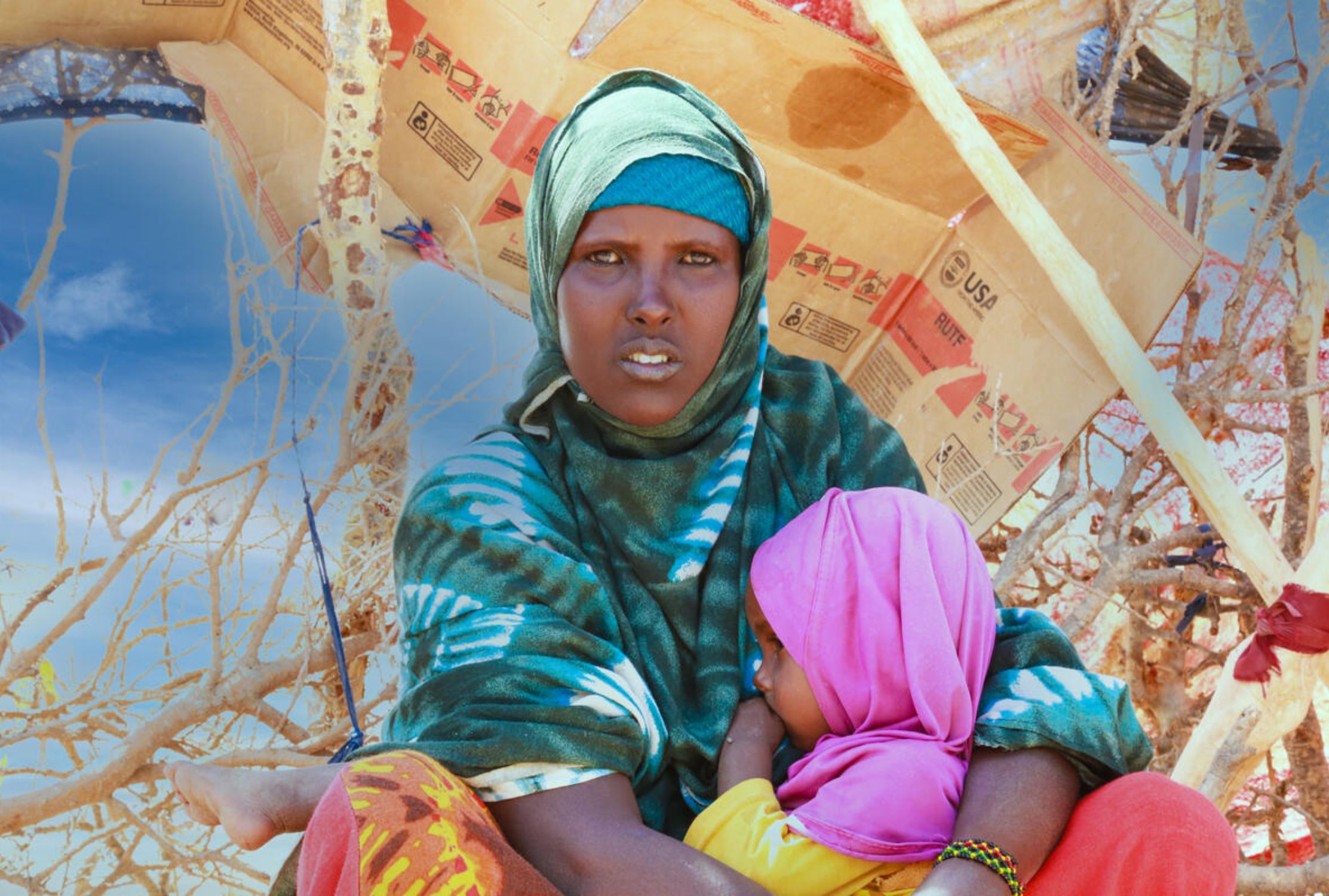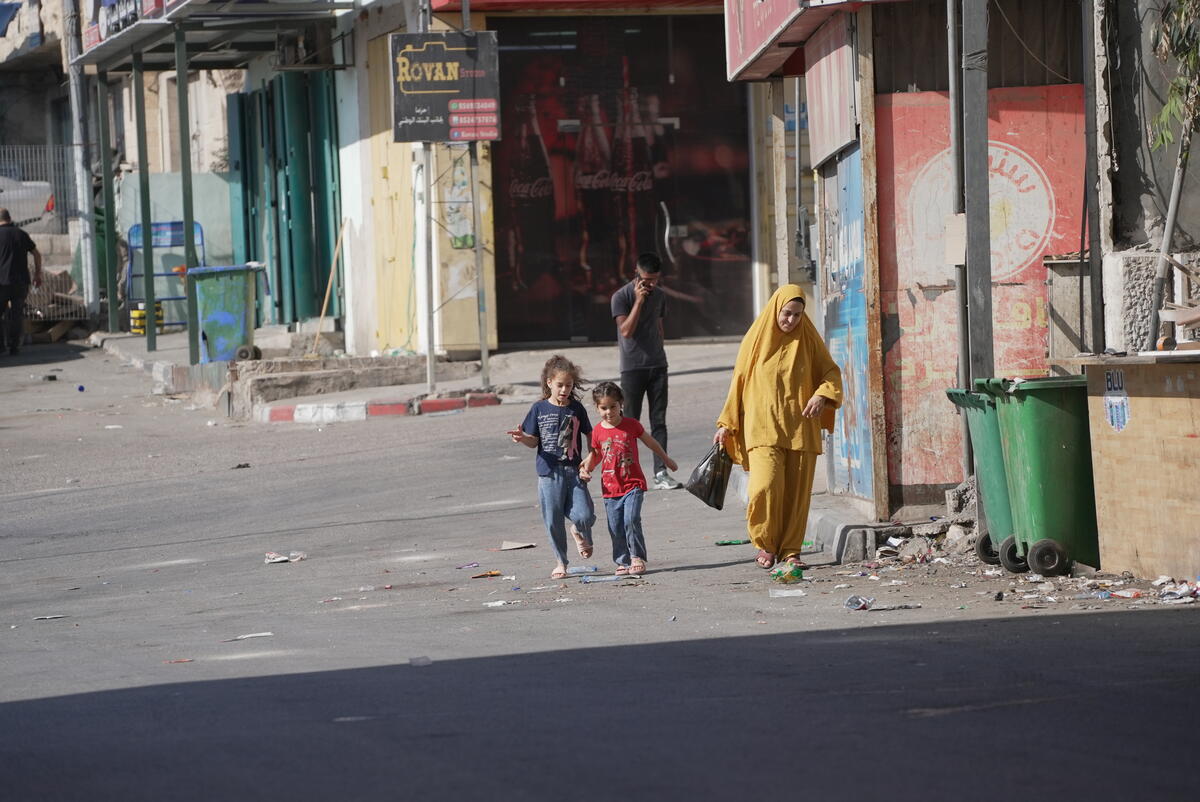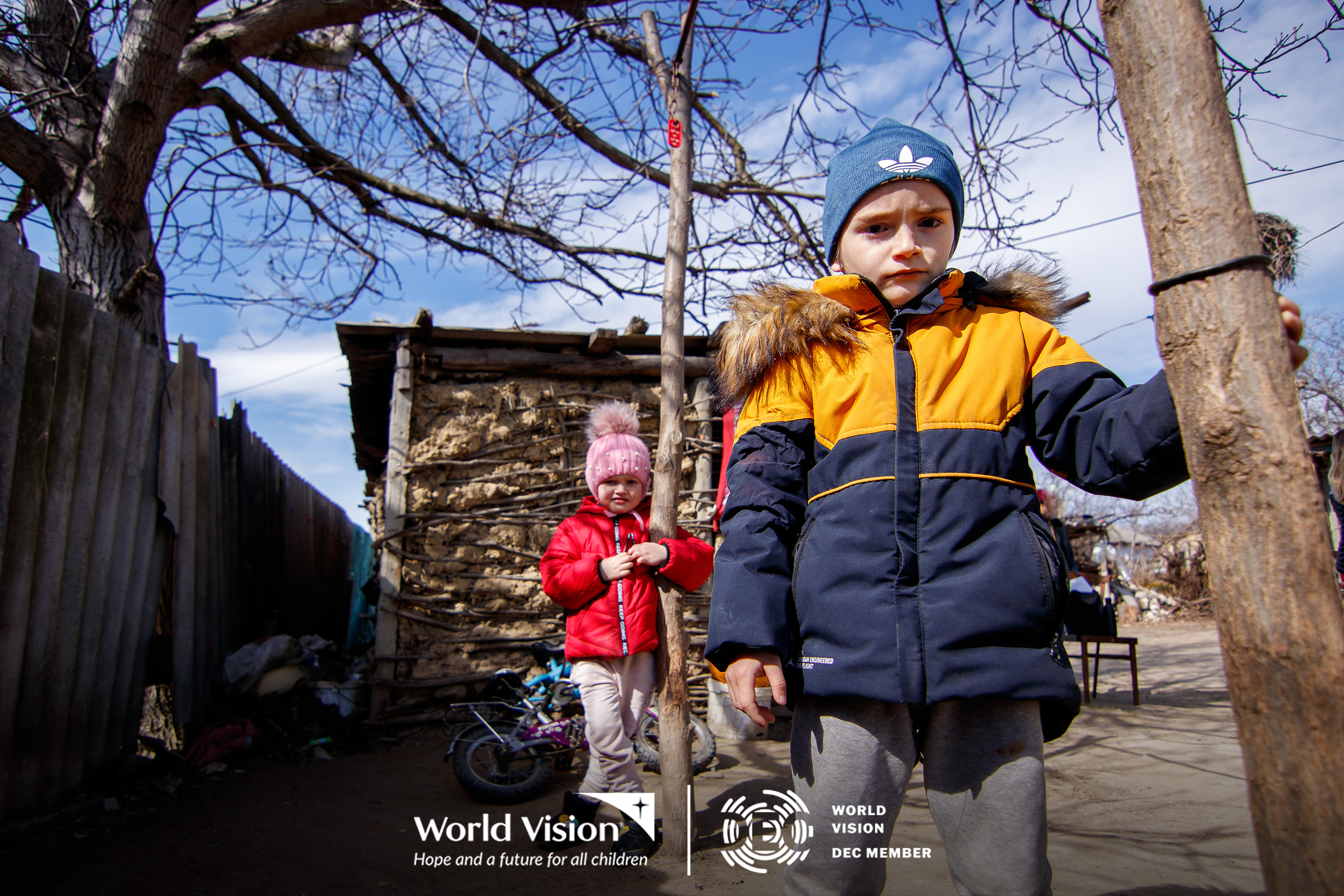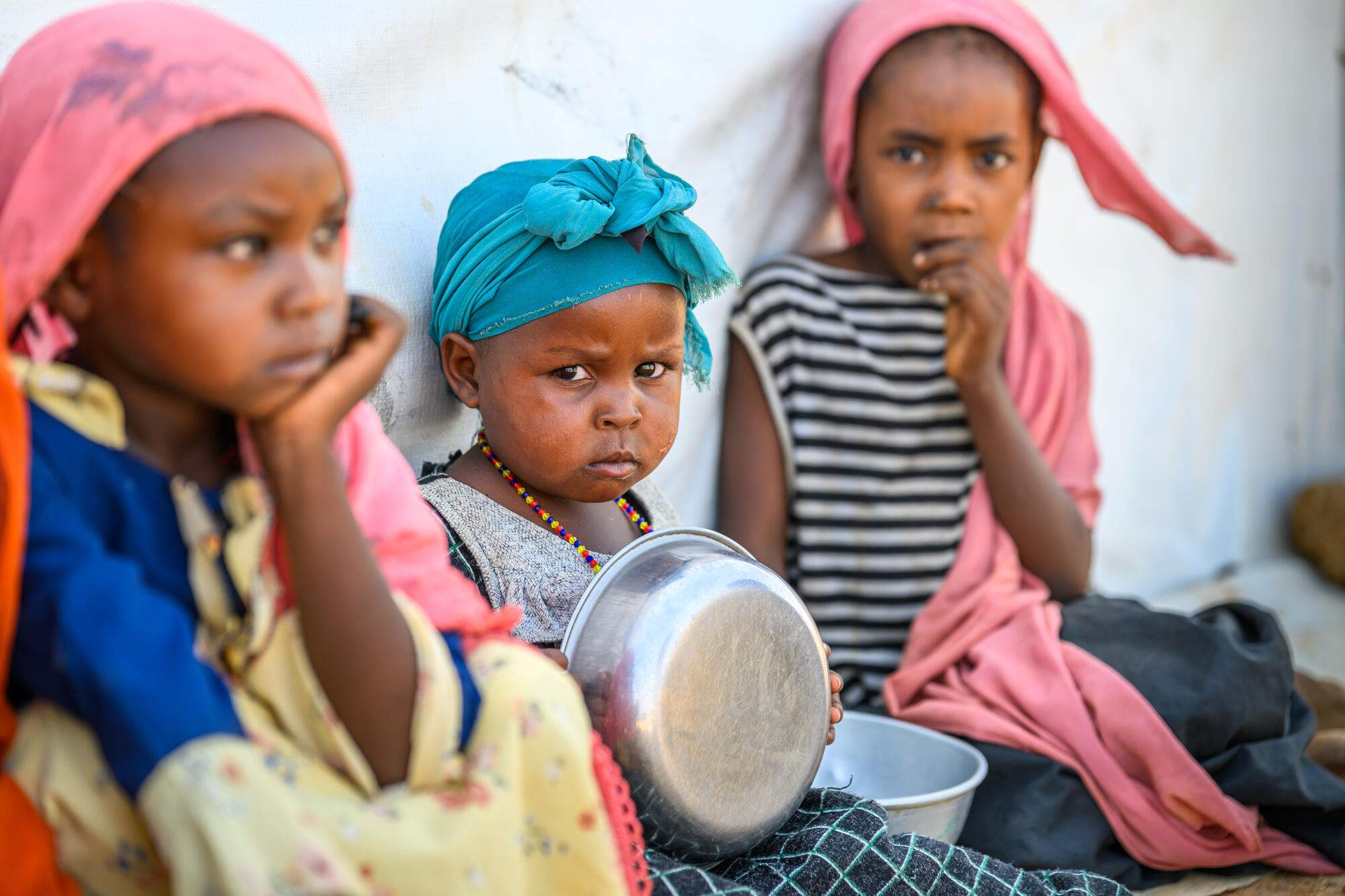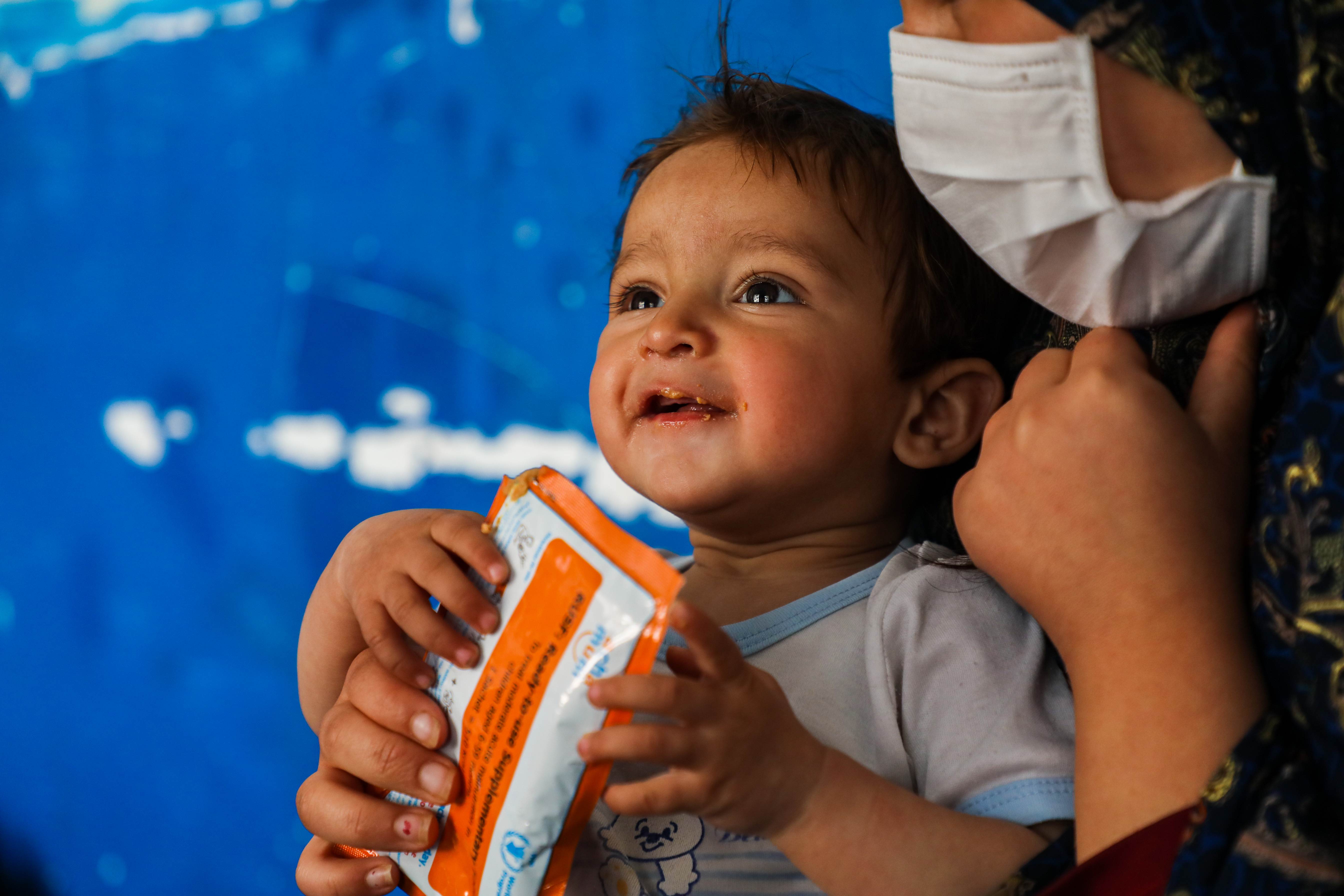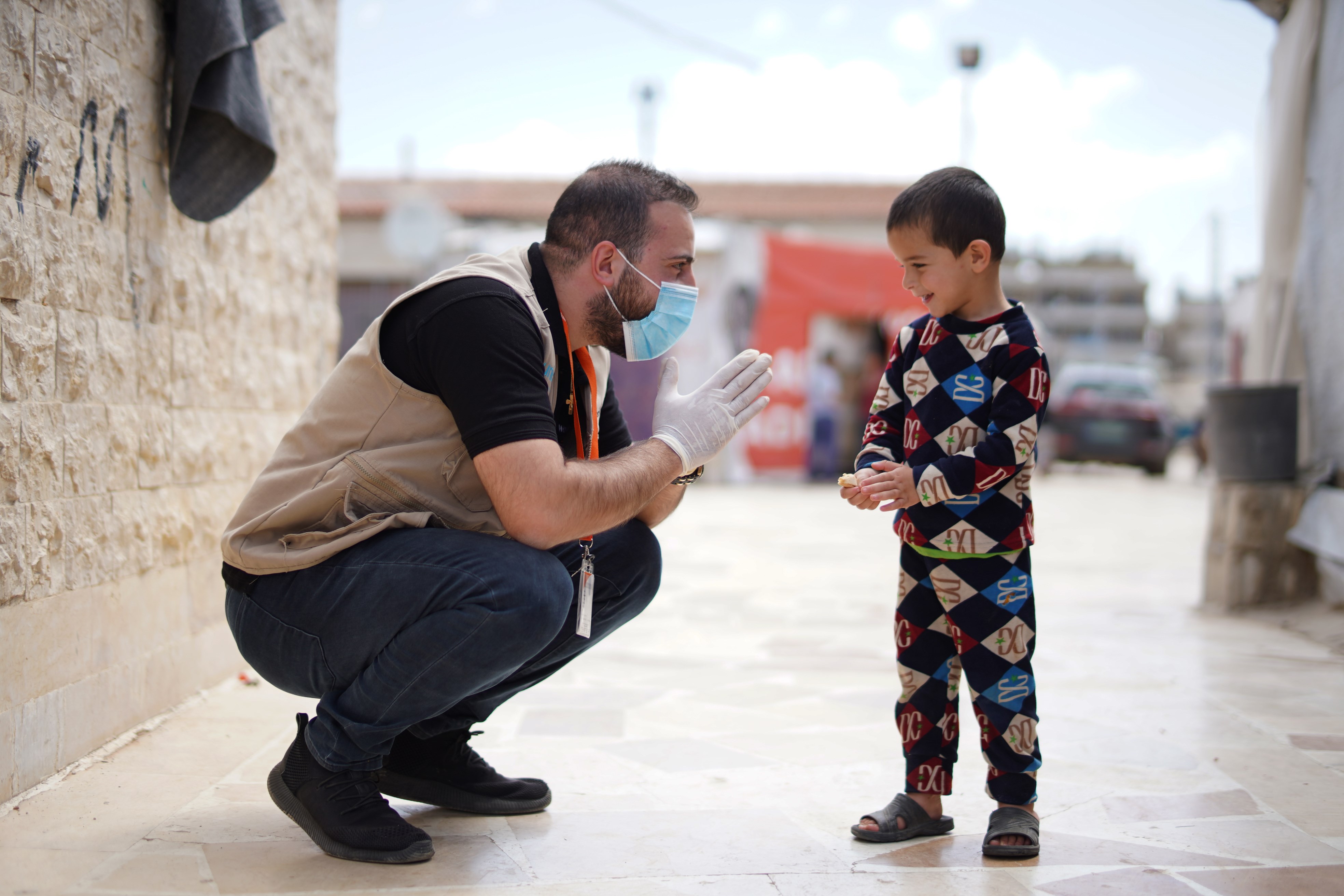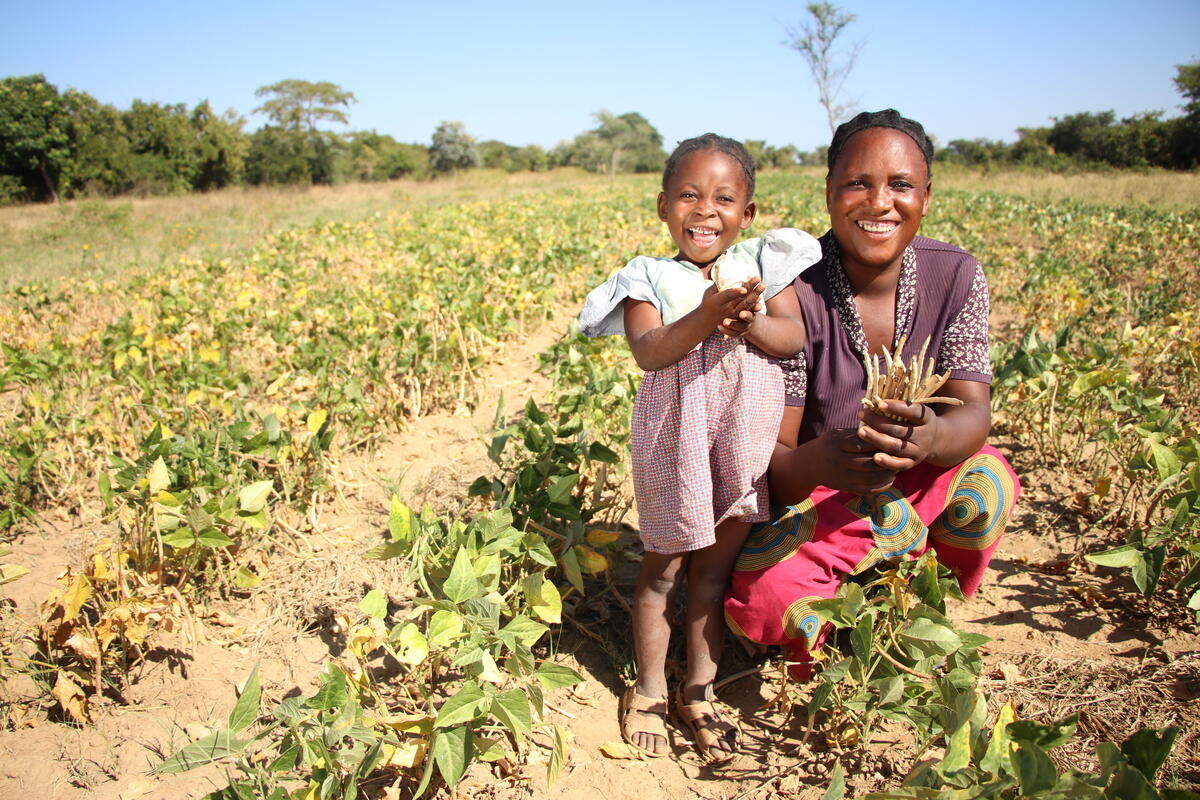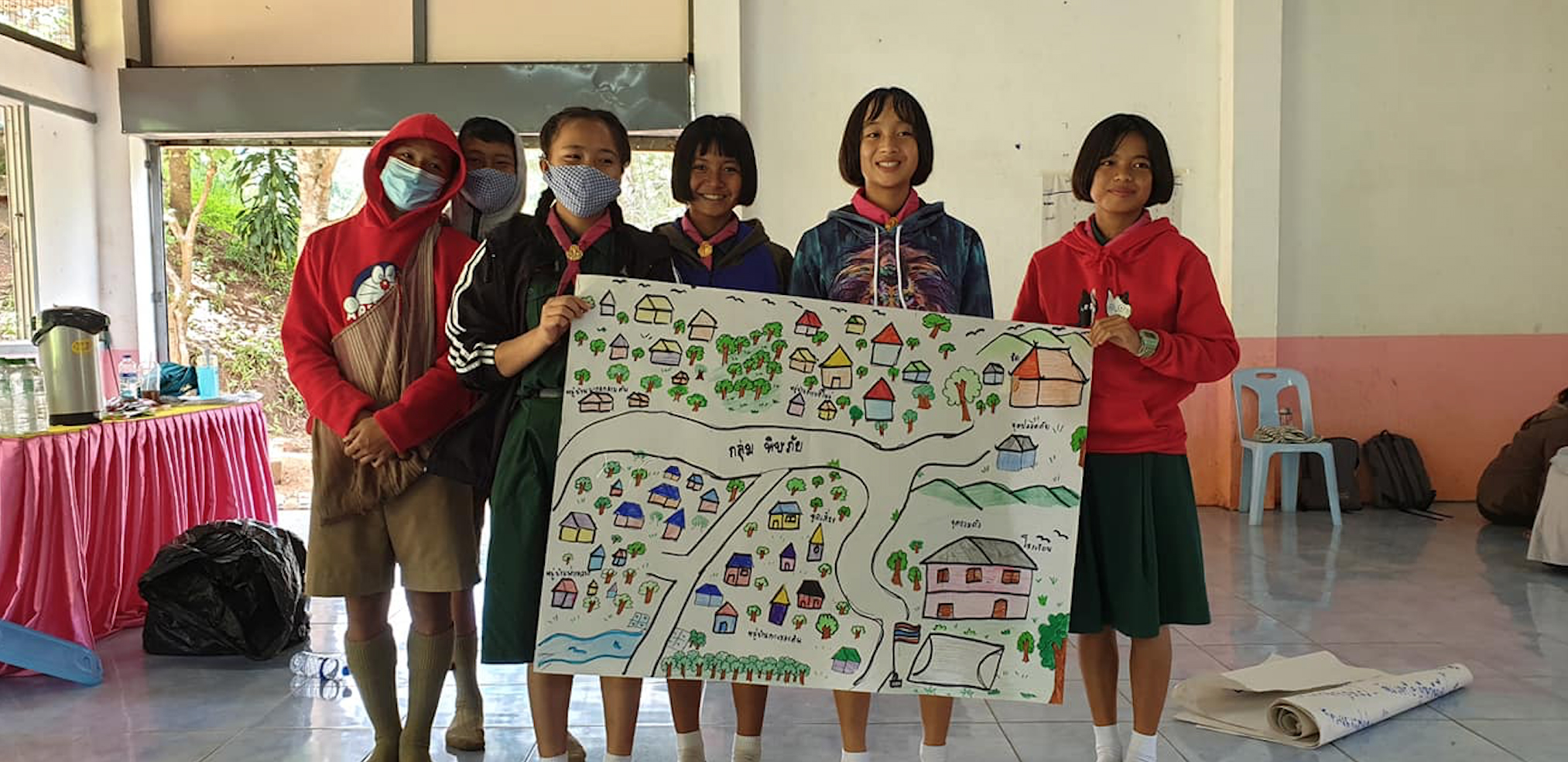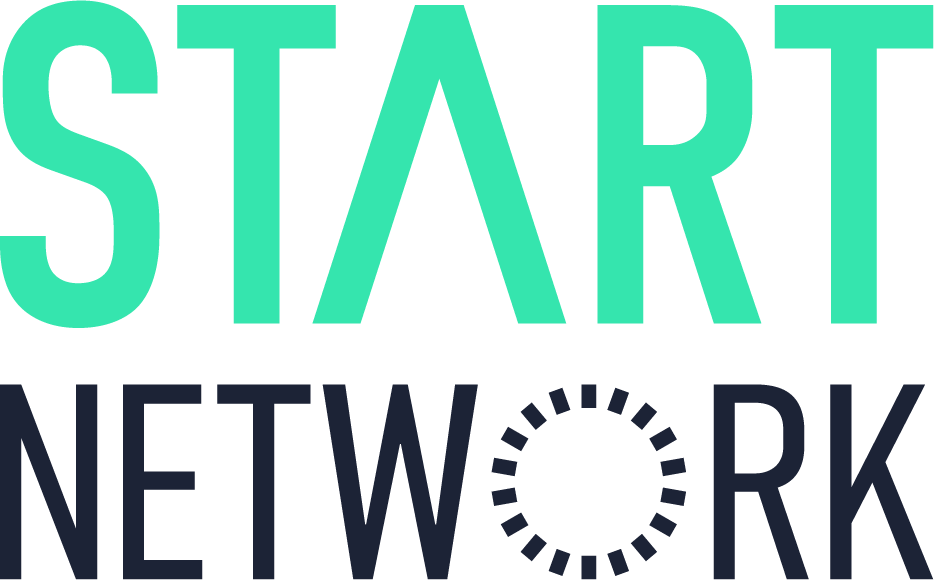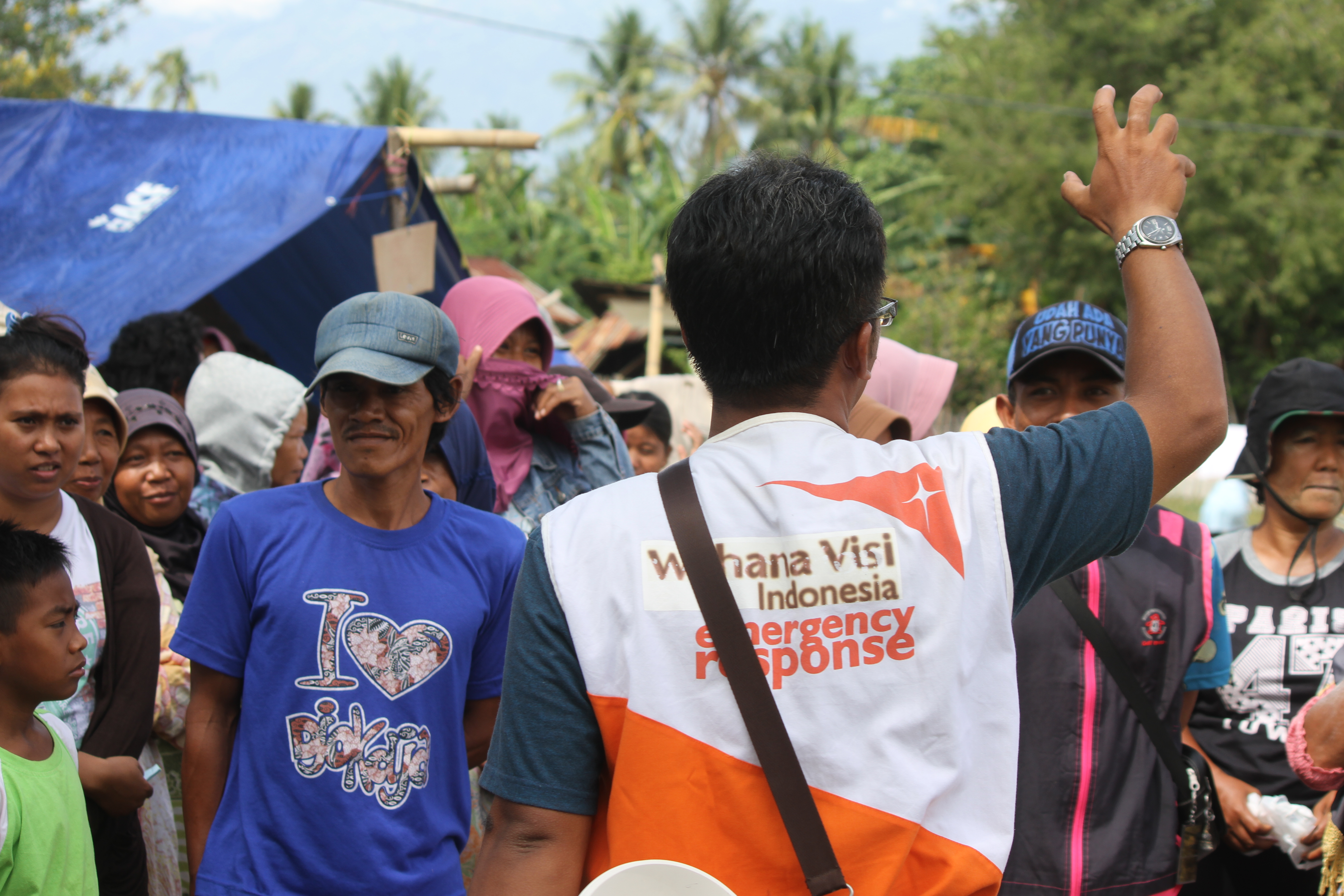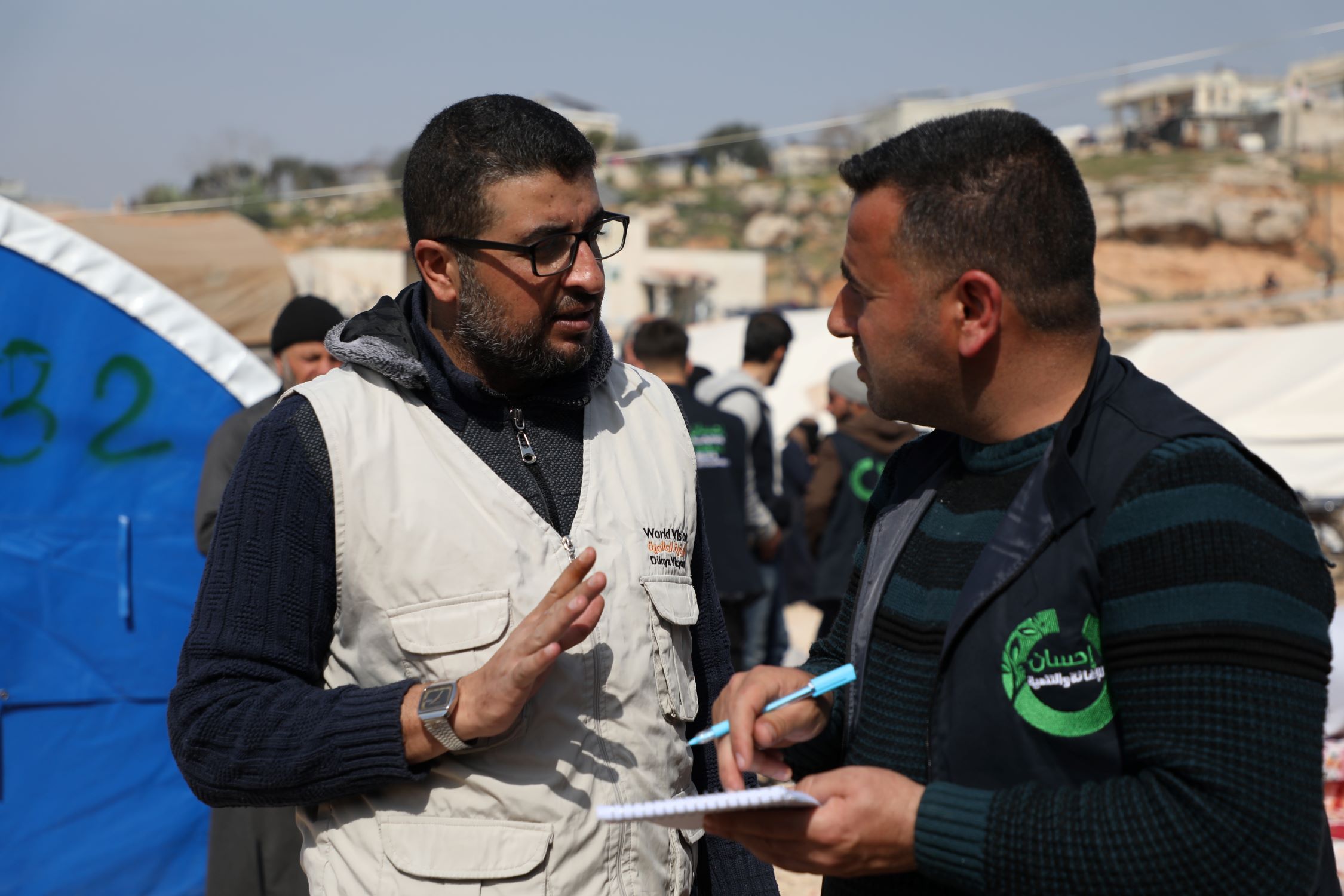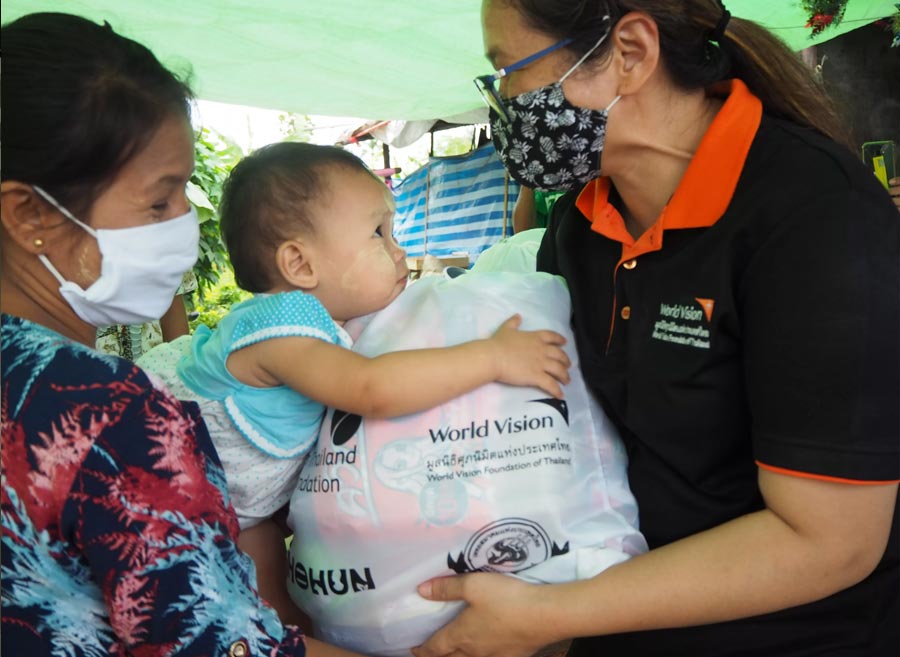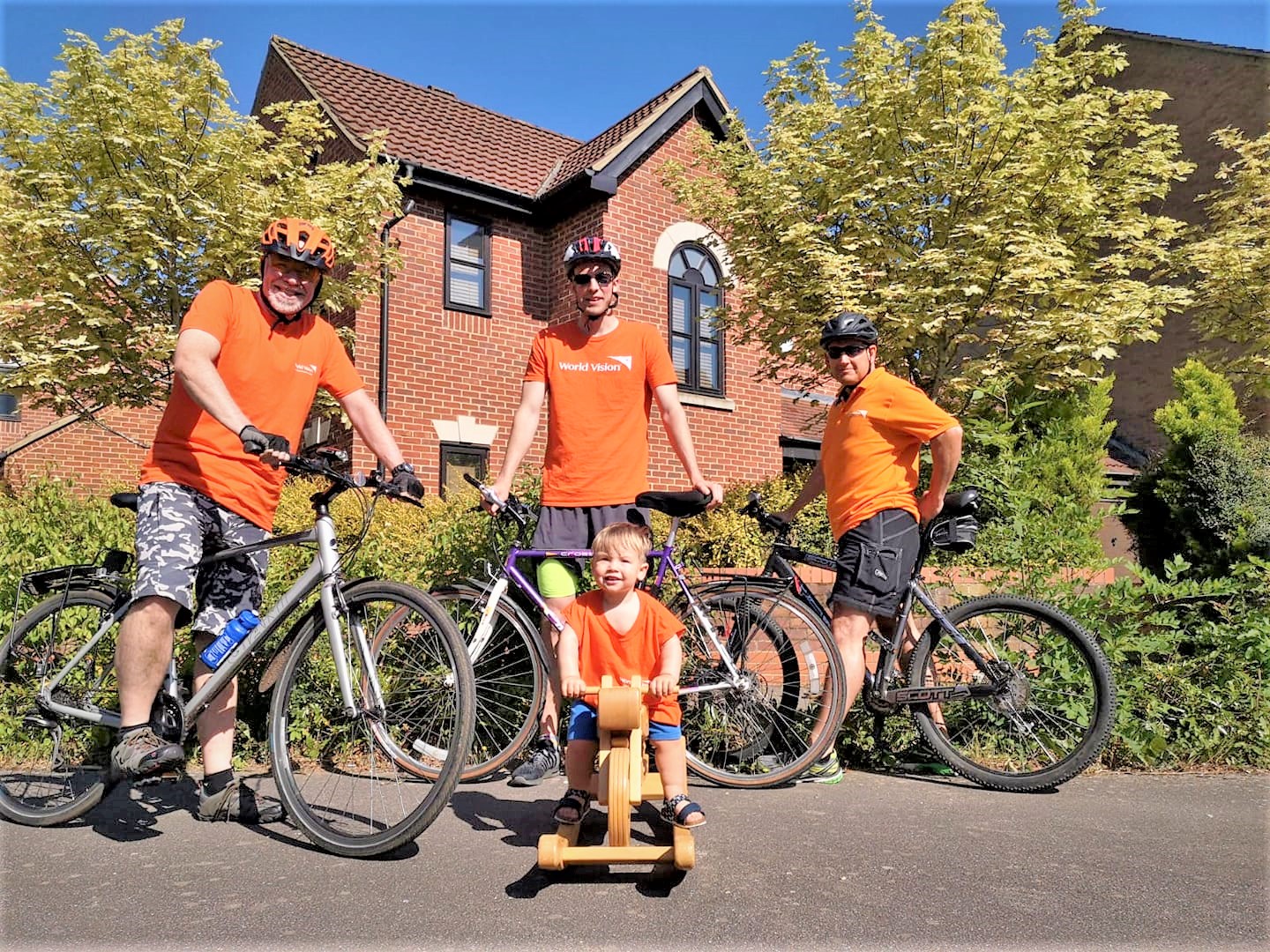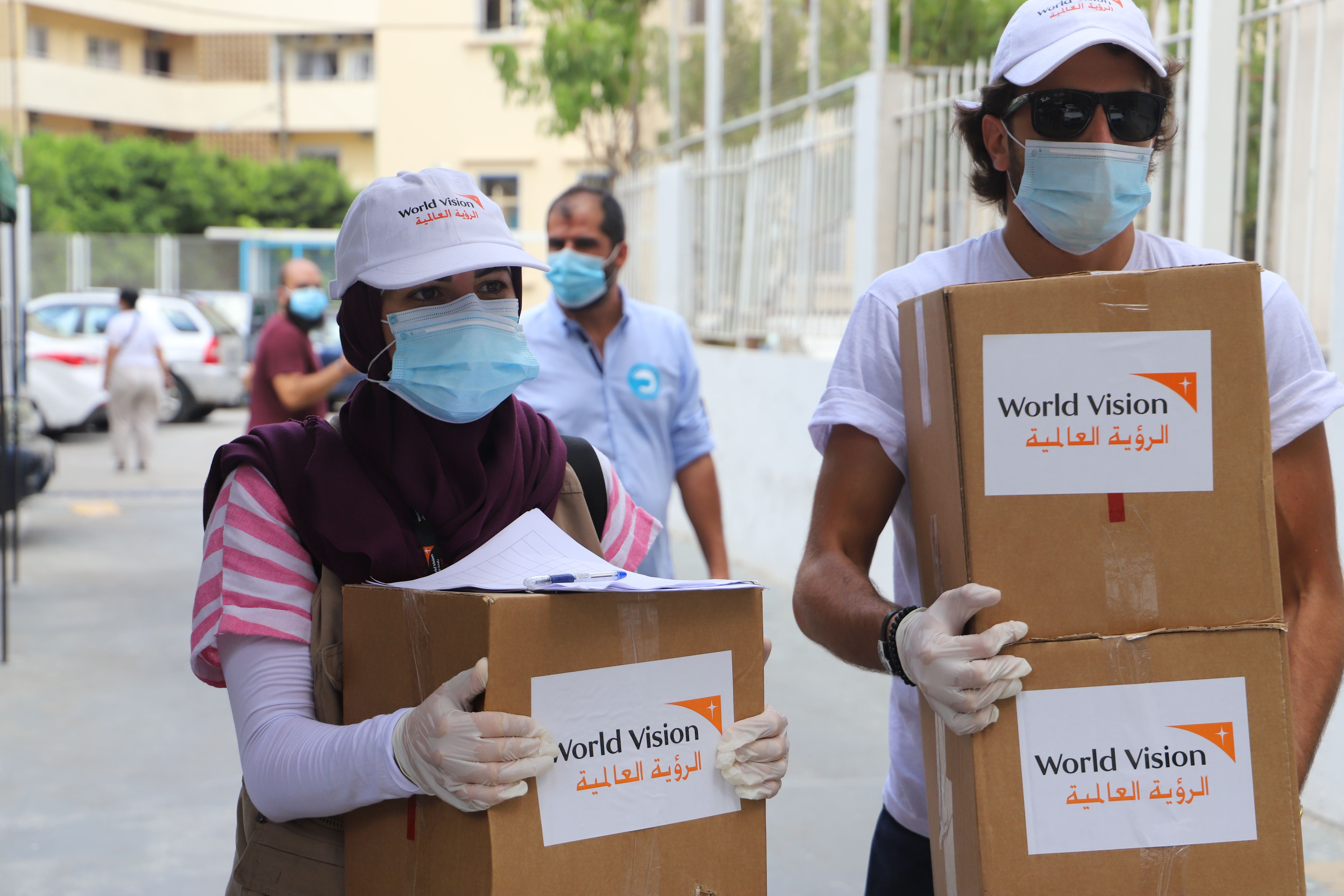Emergency relief for children
Children’s lives can change in an instant in the wake of war, disasters and humanitarian emergencies. We see how vulnerable they are and how much they need our protection. And the need is only growing. Today, there are more than double the number of emergencies than there were ten years ago. Climate change is unleashing natural disasters faster, for longer and with longer-lasting consequences for children and their families. The needs are greater, and so the response must be too.
With over 70 years of experience working in this area, World Vision has the learning, infrastructure and global network to help millions of vulnerable children in the world’s most dangerous places - especially in times of unexpected crisis. Thanks to you, when disaster strikes, our response teams are there, quickly supporting people – and we stay to help rebuild lives for children, families, and communities.
Within 72 hours of a disaster, we can deliver lifesaving supplies anywhere in the world - often even sooner.

